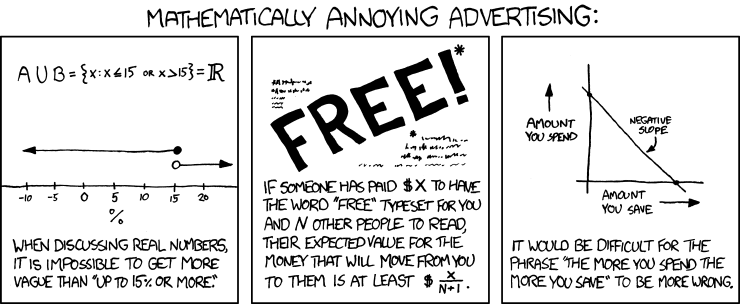Marketing Digitally: discovering the cute, funny, or informative in-house

George Lucas had a pretty good idea in 1977. Yes, Star Wars was a good idea. But he had another good idea. He gave ownership of the movie to 20th Century Fox in return for the rights to market products based on the film. In the 1970s people weren't tripping over themselves to buy ties with Annie Hall's image on them or official Clockwork Orange droog longjohns. It was a no brainer deal for Fox. How much could Lucas make from some nerd kids with Han Solo lunch pails?
Well, Lucas has made well north of $13 billion from merchandizing since 1977.
In the early 2000s I was teaching English in Korea. My students (ranging in age from 8-11) always seem most eager to talk about their favorite computer game. For various reasons (including trade barriers and fears of piracy), Japanese gaming systems were rare in Korea. So while most kids in North America game on Play Stations and Wiis, Korean kids tended to be big into PC gaming.
Korean kids don't get allowances and don't take part-time jobs so they tended to have access only to free flash-based games. The games usually had a common feature besides free: they invariably featured a cast of super cute characters. I started to notice another pattern. My kids would get hooked on a certain game and then three months later they would all be bringing in pencil cases with the game characters on them. They would all be wearing tshirts with the game characters on them. Their cell phones would dangle with cell phone charms with the game characters. Their socks would be printed with images of the game characters.
Ah! Korean game companies were giving away these flash games and then realizing revenue by George Lucasing the hell out of the irresistibly cute characters.
Here in North America, you can't ride a subway or stand in a DMV line without seeing someone tucked into a game of Angry Birds. Angry Birds, while it has a paid version, has a wildly popular free version. The free version earns its creator Rovio about $1 million a month in banner ad revenue.
But Rovio has recently taken a page out of the Korean game monetization playbook and started merchandizing those righteously indignant birds. How can you resist?
In a more somber vein, one design student in Hong Kong is finding his personal expression of grief over the death of Steve Jobs -- creating an Apple logo with Jobs' profile for the "bite" -- has put him on the design super star map.
So what's your point?
I'm glad you asked. Not many of us have in-house talent or resources to create the next Angry Birds (it cost Rovia about $200,000 to develop the game). That doesn't mean, however, you can't think creatively about producing free digital content that can have spin-off benefits.
In a previous blog post, I discussed podcasting. Podcasting is a great way of turning in-house talent (or yourself) into internationally known pundits. A great example is the EconTalk podcast host Russ Roberts. His podcast has transformed him from an obscure economics professor at a university ranked 138 nationally to a sought after talking head on TV and radio.
The venerable Dilbert addressed a need in the mid 1990s. PCs started appearing on everyone's desk, there was a jobless recovery going on, and keeping your job hinged on your ability to learn how to use a PC. People needed a comic that helped them vent frustration. These days in a world where some feel ignorance of math and science is seen as a character virtue and not a hindrance to economic growth, a web comic called xkcd is giving succor to people in math, science, and those who are generally science literate. And, btw, wouldn't you look great in an ironic xkcd-themed tie?
So, ask yourself, is your industry in need of a web comic? Every company has a lunchroom cut up. Get him/her together with your in-house graphic artist. Who knows what they can produce?
Alright so maybe your company or industry doesn't lend itself to humor. You can only take a joke so far in the mortuary business. But you're likely dealing with and processing a lot of information every day. You're good at crunching stuff down. Why not consider spinning off that ability and your expertise into some white papers or ebooks? What knowledge do you have that others would be happy to get for free? TechRepublic has a white paper service where you can upload your white papers and ebooks for free. Naturally brand your cover page. Have an About the Author section that links back to your company.
Another great place to get your knowledge out and your name on computer screens is the EzineArticles database. It doesn't have the slickest interface. But it has a Google page rank of 6. Many publishers use articles here to help fill out their own publications, helping you get wider distribution. The site approves all content before publishing and will reject anything that's obviously an ad. The only real promotion it allows is in the "About the Author" area. You can put a link back to your company site in the About the Author section. What's great is the site does not employ a "nofollow" tag. Your link back to your web site helps with your own site's Google relevance.
